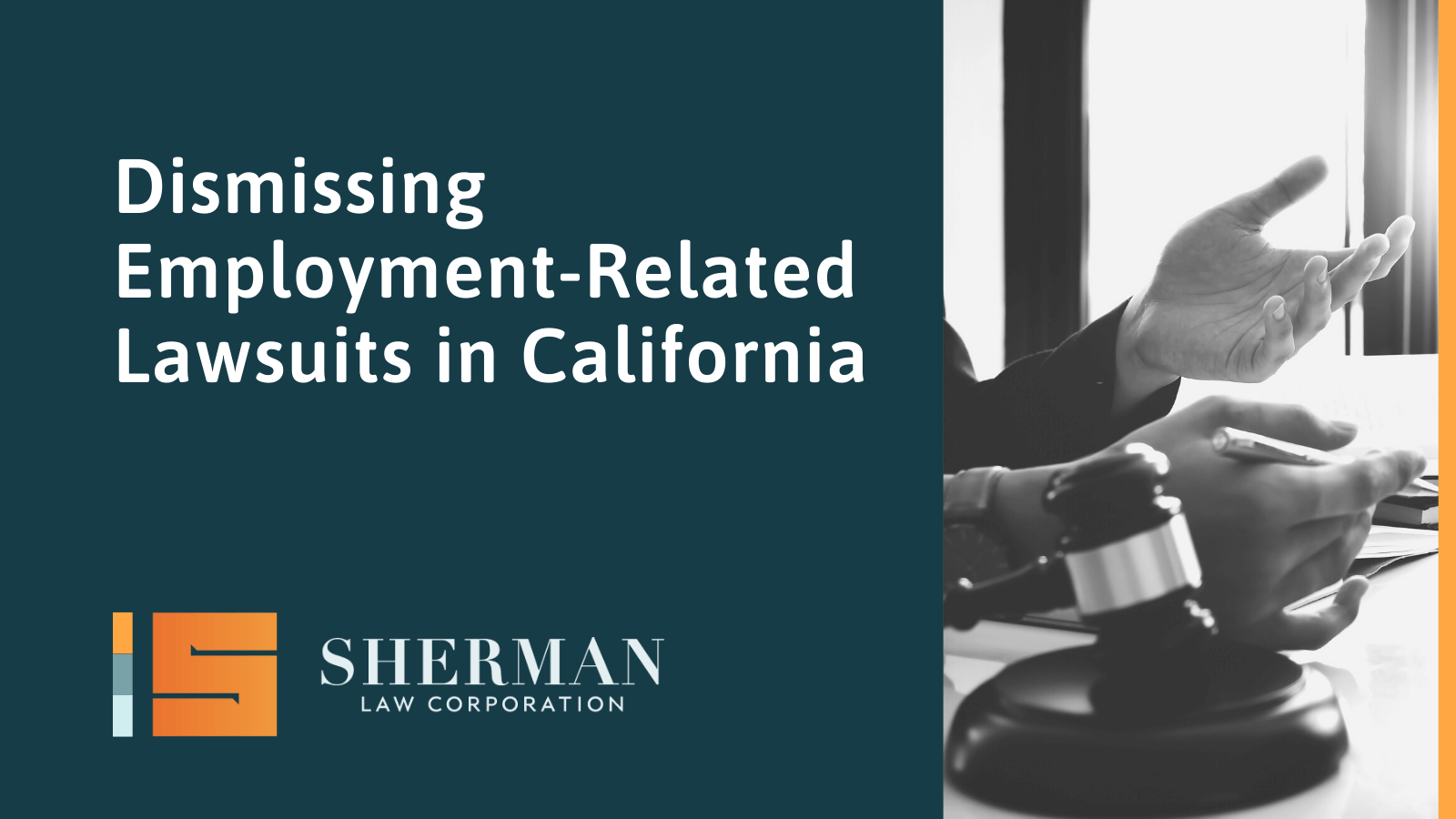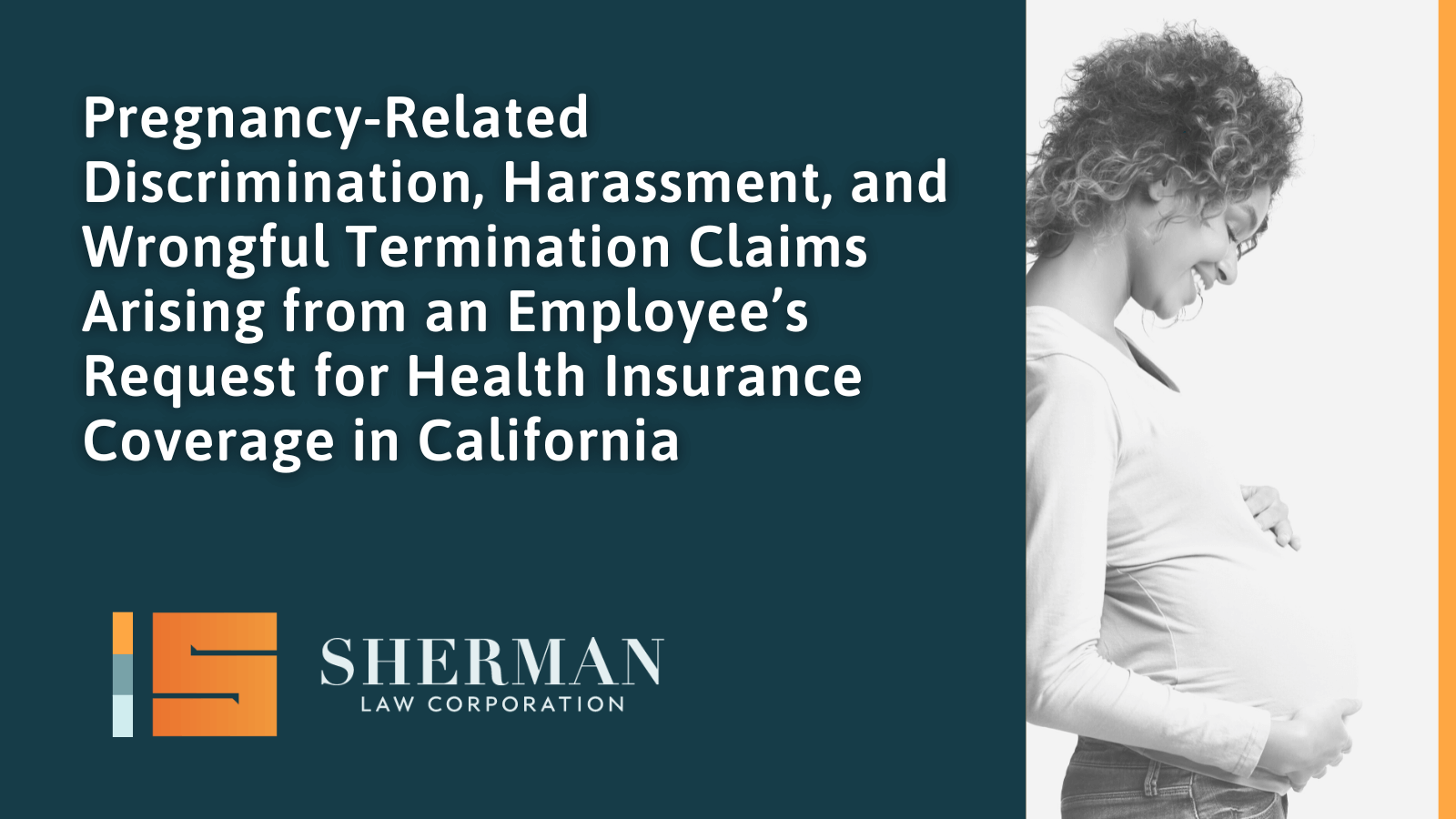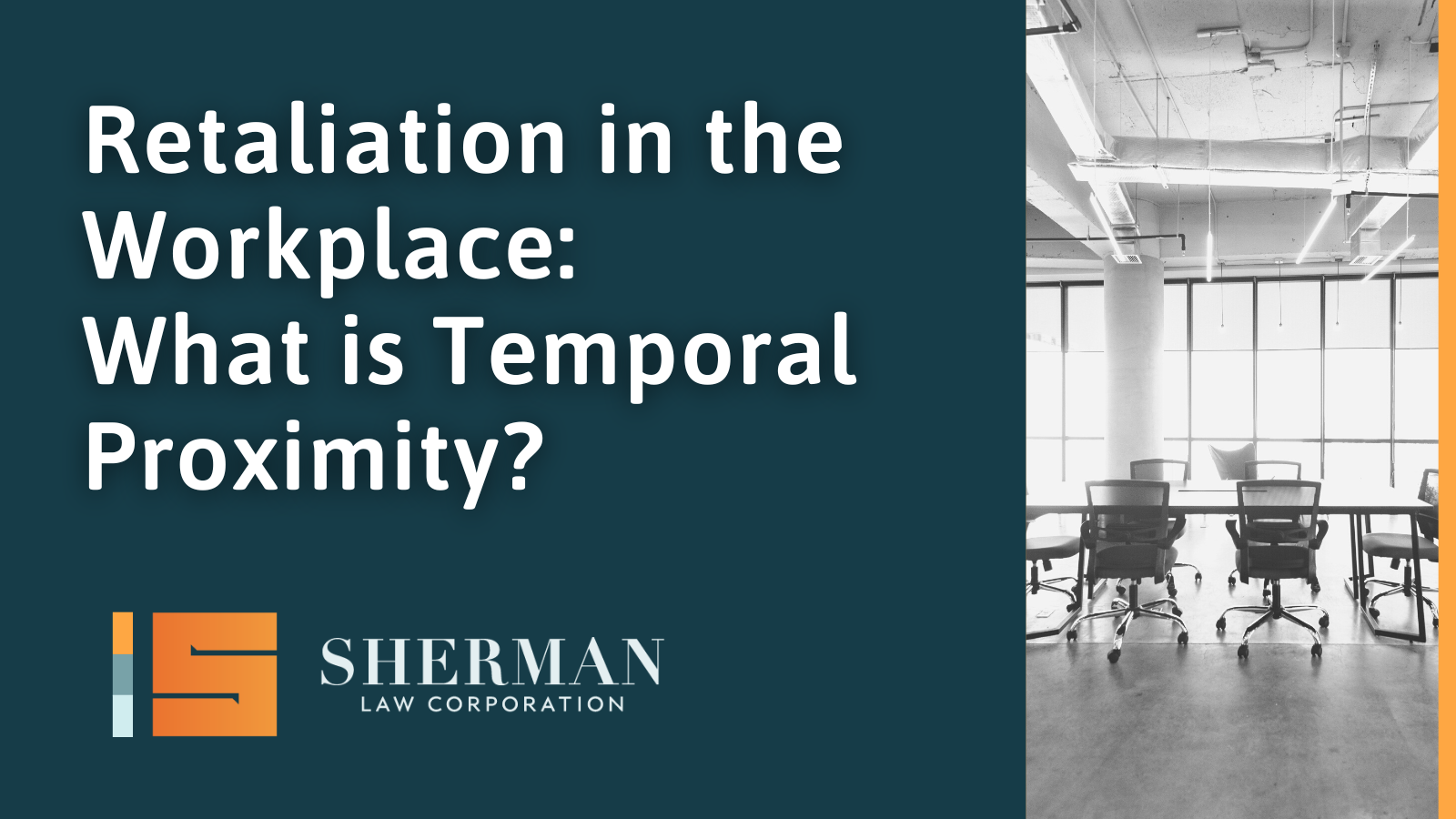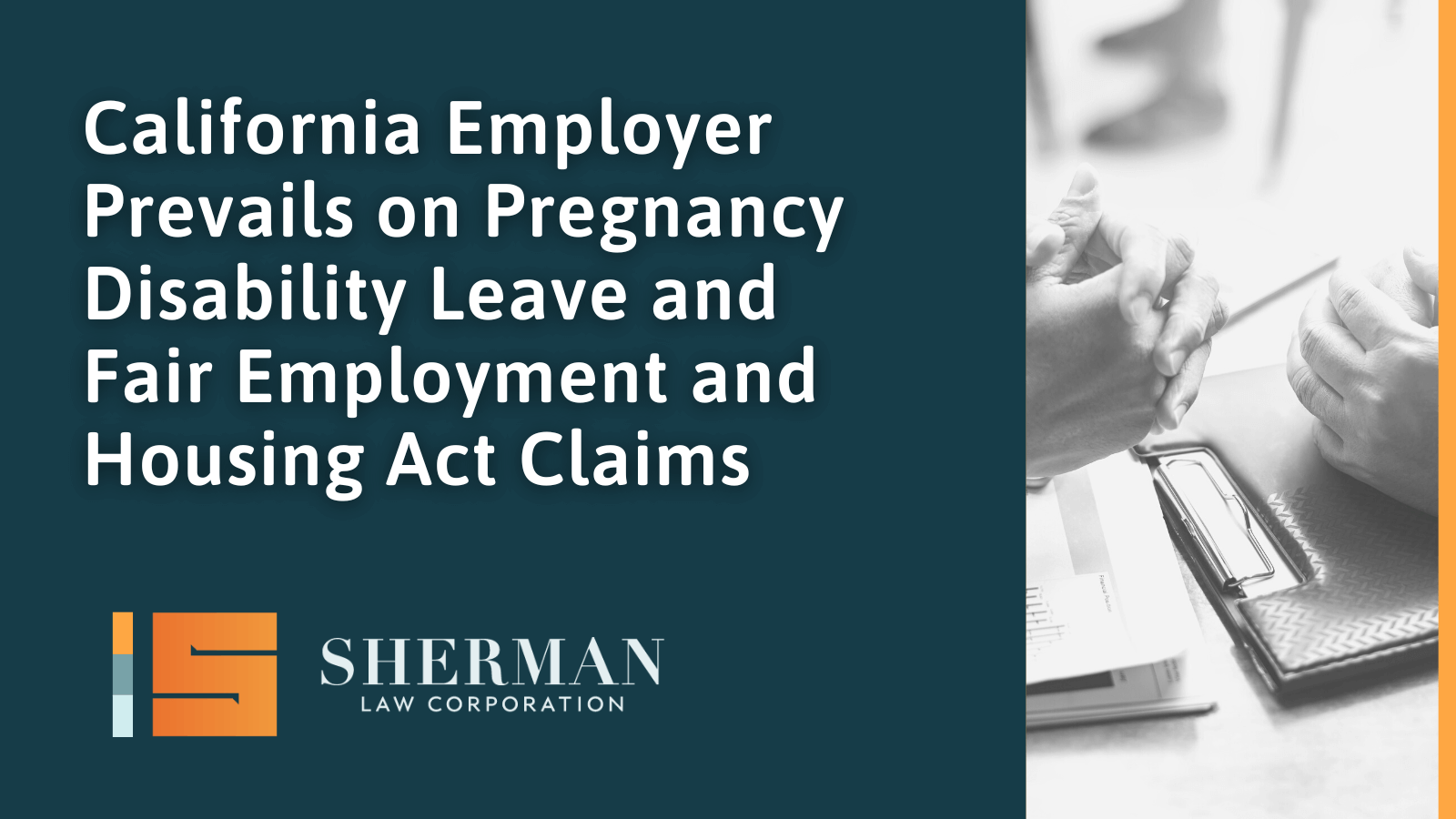
We are often asked, how can a Defendant quickly seek dismissal of a civil employment-related lawsuit filed in superior court of California?
First of all, the California state court system is backlogged such that the speed with which cases proceed through the system move slowly. This is often time good for the Defendant because the Plaintiff often times expects a quick settlement. With trial dates set a year or more after a lawsuit is filed, coupled with the stress, time and expense of the discovery process on Plaintiff and his/her counsel, usually benefits the employer.
Absent voluntary dismissal by the Plaintiff via settlement or otherwise, the only means of seeking an involuntary dismissal from the trial court, prior to trial, is only where (1) the allegations by Plaintiff in the lawsuit, if assumed to be true or (2) material undisputed facts based on admissible evidence establishes, as a matter of law, that no cause of action lies against the Defendant. In the first instance, other than matters of public record, a motion to dismiss (called demurrers) and/or motions to strike certain allegations in state court must be based solely on the allegations on the face of the complaint; no outside evidence may be introduced. However, if the Plaintiff could possibly assert a viable cause of action, by, for example, alleging a missing element, the Court will liberally grant the Plaintiff leave to amend the lawsuit, often repeatedly requiring the Defendant to file successive motions. Even if the trial court dismisses a lawsuit by demurrer, without leave to amend, (i.e. no longer allowed to amend the lawsuit), it does not become final until all appeals are exhausted.
In the vast majority of civil lawsuits, the lawsuit is pled sufficiently enough to defeat demurrers and/or motions to strike. Typically, where documentary evidence refutes the allegations, the next best strategy is to proceed with discovery, establishing material undisputed facts that as a matter of law establishes that no such claim lies. In those cases (which are often times limited if experienced employment counsel), the Defendant will file a dispositive motion for summary judgment asking the trial court to dismiss the lawsuit, or in the alternative, for summary adjudication, dismissing one or more causes of action, under the same premise; assuming the material undisputed facts as true for purposes of the motions, the cause(s) of action does not state a legal claim as a matter of law, such that the Court must dismiss one or more such claims. Motions for summary judgment, and/or summary adjudication are time-intensive, subject to significant number of rules, and require a significant amount of time by the Court. If successful, granting a motion for summary judgment dismisses the lawsuit, subject to exhaustion of all appeals. Granting a motion for summary adjudication dismisses one or more causes of action, limiting the claims for trial.
While the process may not appear to move quickly enough, strategic representation lays the groundwork to reach a voluntary or involuntary dismissal. Our firm has been highly successful in seeking voluntary and involuntary dismissals. Feel free to review our results page to learn more about select cases.




